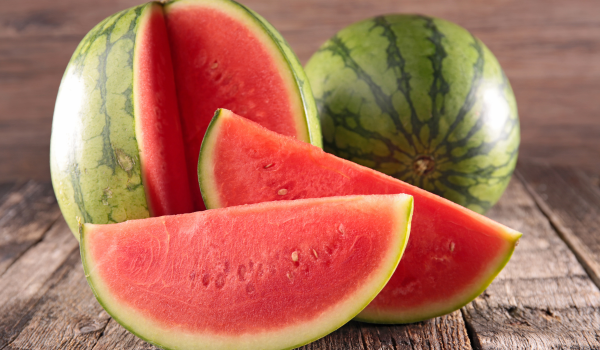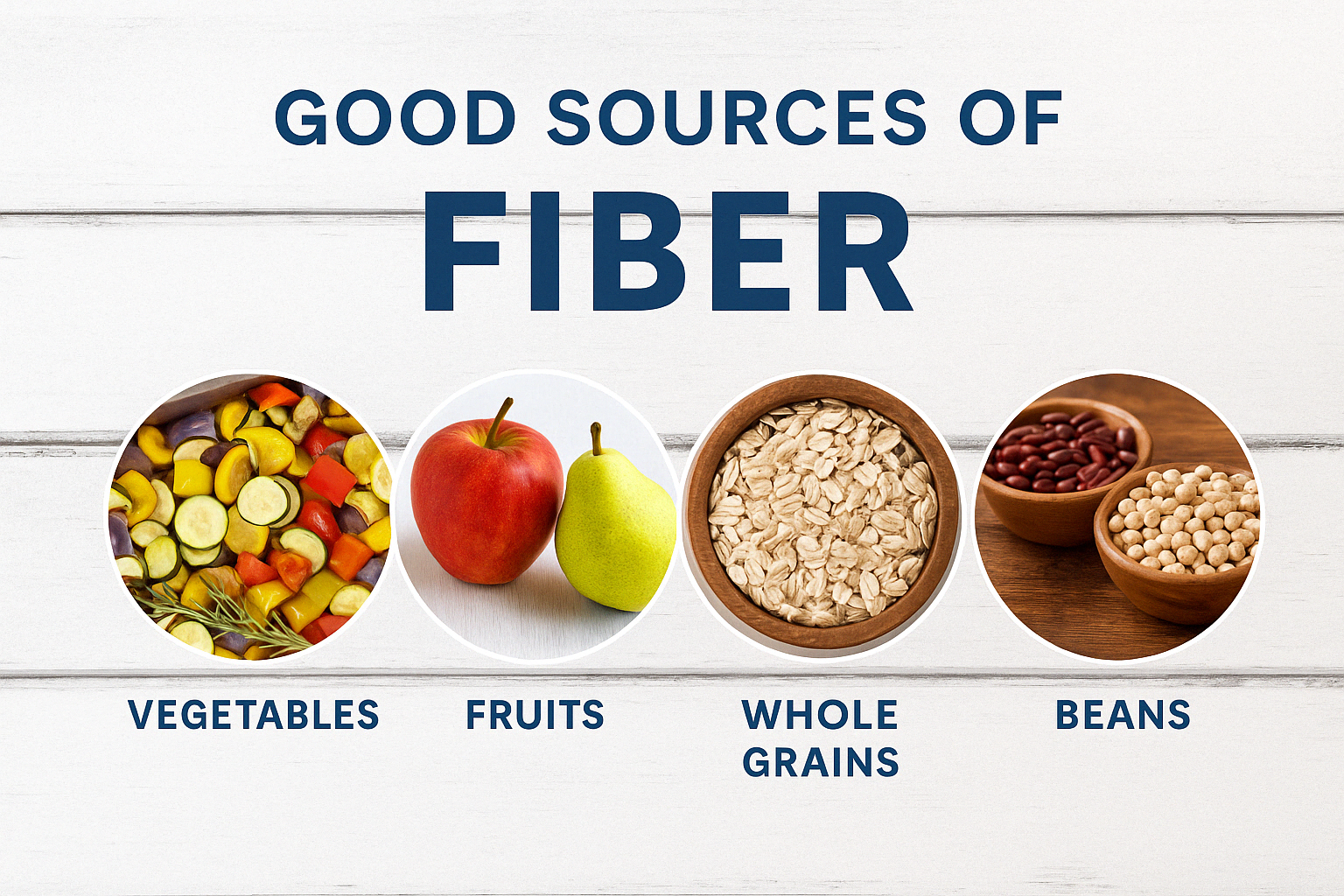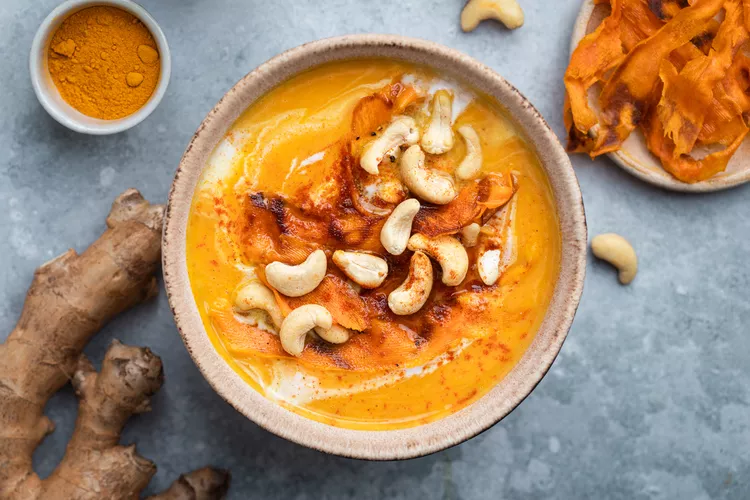4 Science-Backed Health Benefits of Coconut and Smart Ways to Enjoy It

Coconut, scientifically known as Cocos nucifera, has long been celebrated for its versatility. Often referred to as the “tree of life,” the coconut palm provides food, hydration, building materials, and fiber. But aside from its practical uses, coconut is also gaining attention for its potential health perks—especially its fiber-rich flesh and unique fats.
Let’s explore four possible health benefits of coconut and some delicious ways to add it to your diet.
1. May Help Maintain Stable Blood Sugar Levels
Thanks to its high fiber and fat content and relatively low sugar, coconut may play a role in regulating blood sugar. Some early studies suggest that coconut oil, which is present in small amounts in coconut meat, might reduce fasting blood sugar in individuals with metabolic health conditions.
One clinical trial showed promising results when coconut oil replaced other fats in participants' diets, possibly due to its anti-inflammatory compounds. However, not all research agrees—other studies indicate that long-term coconut intake might have no effect or even increase insulin resistance in some cases.
Further investigation is still needed to understand the relationship between coconut and glucose metabolism.
2. May Support Weight Management Efforts
Coconut, particularly in the form of coconut oil, has been studied for its possible effect on body weight. Much of this centers on medium-chain triglycerides (MCTs), which make up over half of the fats in coconut oil.
MCTs are quickly absorbed and converted into energy, making them less likely to be stored as fat. Early evidence suggests they may help reduce body weight and BMI, although the effect tends to be mild. While some people use coconut oil as part of a weight loss strategy, the research isn't yet strong enough to recommend it as a guaranteed tool for fat loss.
3. May Raise “Good” Cholesterol Levels
Despite being high in saturated fats, coconut oil may affect cholesterol differently than animal fats. Some studies suggest that the lauric and myristic acids in coconut oil can increase HDL (good) cholesterol, which helps remove excess cholesterol from the bloodstream.
That said, coconut oil may also raise LDL (bad) cholesterol in some individuals, so its effects can vary depending on your overall diet and health profile. While coconut may influence heart health markers, more long-term studies are needed to clarify its role.
4. Contains Antioxidants That May Fight Oxidative Stress
Coconut provides naturally occurring antioxidants that help neutralize free radicals, the unstable molecules that can damage cells and contribute to aging and chronic diseases like cancer, Alzheimer’s, and diabetes.
Including antioxidant-rich foods like coconut in your diet may help protect against cellular damage, though its exact impact on disease prevention remains under investigation.
What’s in Coconut? Nutrition Breakdown
Coconut meat is calorie-dense, primarily due to its fat content. It's also a good source of dietary fiber, iron, and selenium, along with some natural sugars and carbohydrates.
Nutritional values for 1 cup (raw coconut meat):
-
Calories: 301
-
Protein: 2.83 g
-
Fat: 28.5 g
-
Carbohydrates: 12.9 g
-
Fiber: 7.65 g
-
Sugars: 5.3 g
-
Iron: 2.07 mg
-
Selenium: 8.58 µg
Are There Any Risks to Eating Coconut?
Generally, coconut is safe for most people when consumed in moderation. However, due to its high saturated fat content, some health professionals advise caution for individuals managing heart health.
Coconut allergies are rare but possible. Though it's technically a fruit, people with tree nut allergies may sometimes be advised to avoid coconut out of caution. Always consult an allergist if you're uncertain.
Easy Ways to Add Coconut to Your Meals
Cracking open a fresh coconut can be a challenge, but thankfully, there are many convenient coconut products available, such as shredded coconut, coconut milk, coconut flour, and coconut oil.
Here are a few fun and healthy ideas for enjoying coconut:
-
Sprinkle shredded coconut on top of oatmeal or smoothie bowls
-
Blend coconut meat or milk into tropical fruit smoothies
-
Use dried coconut chips in homemade trail mix
-
Add coconut to baked goods like cookies or banana bread
-
Mix it into plain yogurt with pineapple or mango
-
Coat shrimp or chicken with shredded coconut before baking
-
Combine with lime juice and yogurt to make a flavorful dipping sauce
-
Replace raisins or fruit in salads with toasted coconut for crunch
Quick Takeaway
Coconut is a rich, flavorful food with promising health properties. Its unique fats and fiber may help regulate blood sugar, improve cholesterol profiles, support weight control, and offer antioxidant protection.
Although more research is needed to confirm some of its long-term health effects, coconut can be a nourishing part of your diet when enjoyed in moderation and prepared thoughtfully.
From smoothies to salads and baked goods, there are many delicious ways to make coconut part of your daily routine!

























.webp)
.webp)
.webp)










